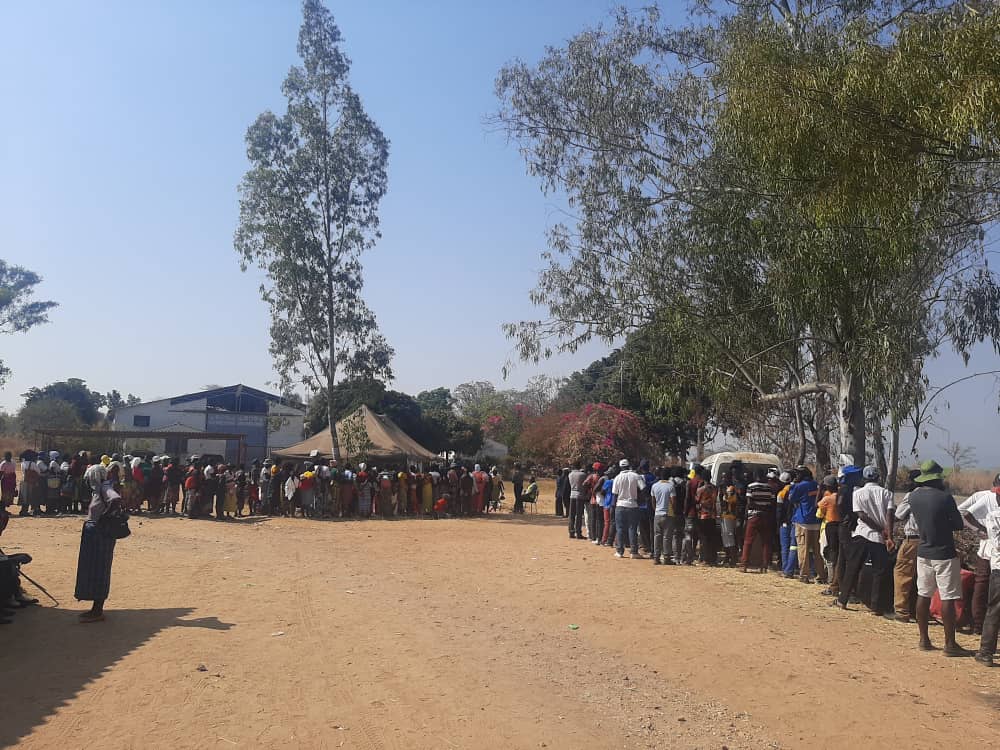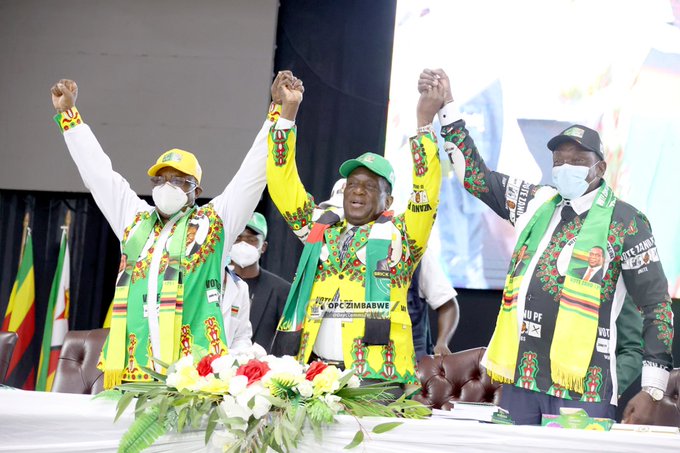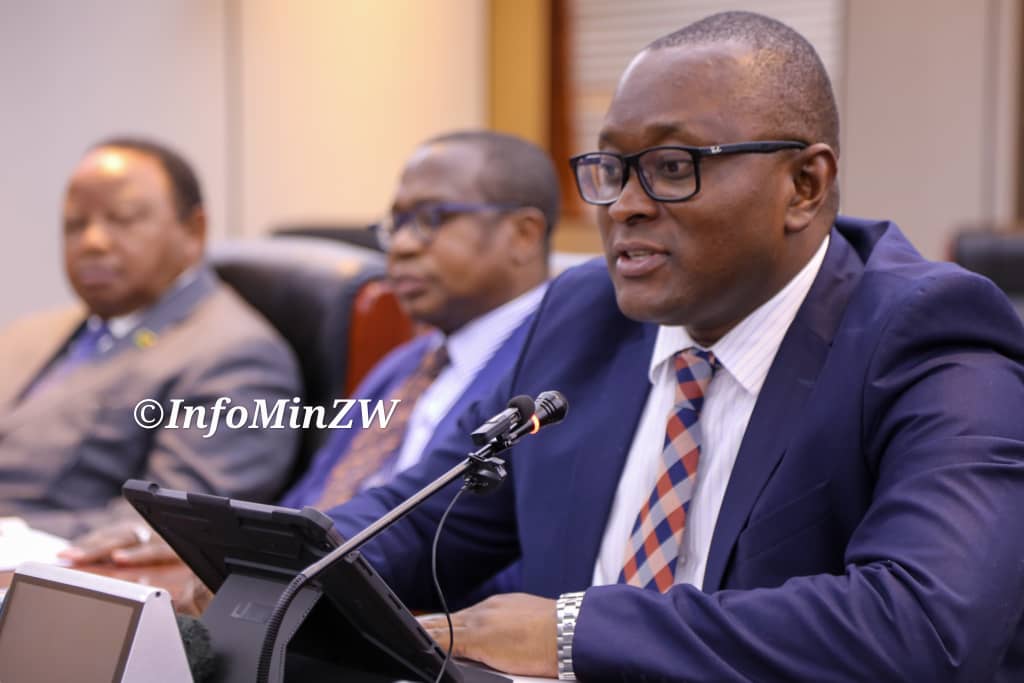Zimbabweans await for new leader
Share

By Rangarirai Shoko
Harare (New Ziana) – Zimbabweans awaited with bated breath on Saturday for the announcement of the country’s new leader following elections held mid-week in which voters were also choosing parliamentary and local government representatives.
Incumbent President Emmerson Mnangagwa was seeking a second term in the election and was challenged by nine others for the country’s top political job.
Unofficial vote tallies were putting him ahead of the pack, followed by young 45-year-old opposition Citizens Coalition for Change (CCC) leader Nelson Chamisa, who is having a second shot at the country’s presidency.
President Mnangagwa also led in most pre-election surveys, and remained so till voting day on Wednesday, riding on high public approval of his government’s massive economic and social infrastructural development undertakings in the last five years that have created huge employment opportunities and transformed the lives of millions across the country.
In the election campaign, he cited these and more planned to woo voters, and surveys indicated the electorate had bought into the message enmasse.
The projects include construction and mordernisation of roads and associated infrastructure, development of new energy generating sources to end power rationing, and massive construction of dams, and related irrigation facilities.
This appeared to have taken the steam off the opposition, which in previous elections used these as their campaign themes.
As a result, Chamisa and others had no coherent campaign message going into this week’s election, save to accuse the government of inability to resolve lingering economic challenges, largely caused by two-decade old sanctions imposed on the country by the West.
In this election, as in the last one in 2018, the presidential vote appears to be a two-horse race between President Mnangagwa and Chamisa, whose party enjoys the support of the West.
In 2018, both claimed victory in the election, and the dispute had to be settled in court.
The Zimbabwe Electoral Commission (ZEC), the body in charge of running national polls, has said it will announce the country’s new president within five days after voting as stipulated in the constitution, keeping Zimbabweans on the edge.
But in the parliamentary segment of the combined poll, President Mnangagwa’s ruling Zanu-PF party has taken a dominant lead in results declared so far.
Indications are that it will retain its two-thirds majority in the legislature, which would allow it to amend the constitution, if it so wished.
ZEC is tight lipped about the announcement of the country’s new president, keeping the nation animatedly guessing about his or her identity.
Repeated media enquiries about this to the electoral body are being met by the retort: ‘the five days are not out yet.’
But whoever wins, he or she will inherit a Zimbabwe that is rising economically, after two decades of decline induced by sanctions.
The West imposed sanctions on Zimbabwe in 2 000 to force it to relent on its land reforms, under which the government compulsorily acquired excess farmland from white farmers to resettle landless blacks to economically empower them.
These are estimated to have cost the country US$100 billion in losses over the period, mainly in the form of trade disadvantages, and lack of access to international capital markets.
But although the sanctions still remain, President Mnangagwa’s government has blunted them somewhat in the last five years by looking internally and in friendly markets more for capital, both loan and investment.
The result has been a re-surging economy boosting a number of billion-dollar investment projects ongoing across the country, most of them greenfield.
This is what, among other things, the ten presidential contenders were eying to take command of in the mid-week election, but which only one will.
New Ziana









